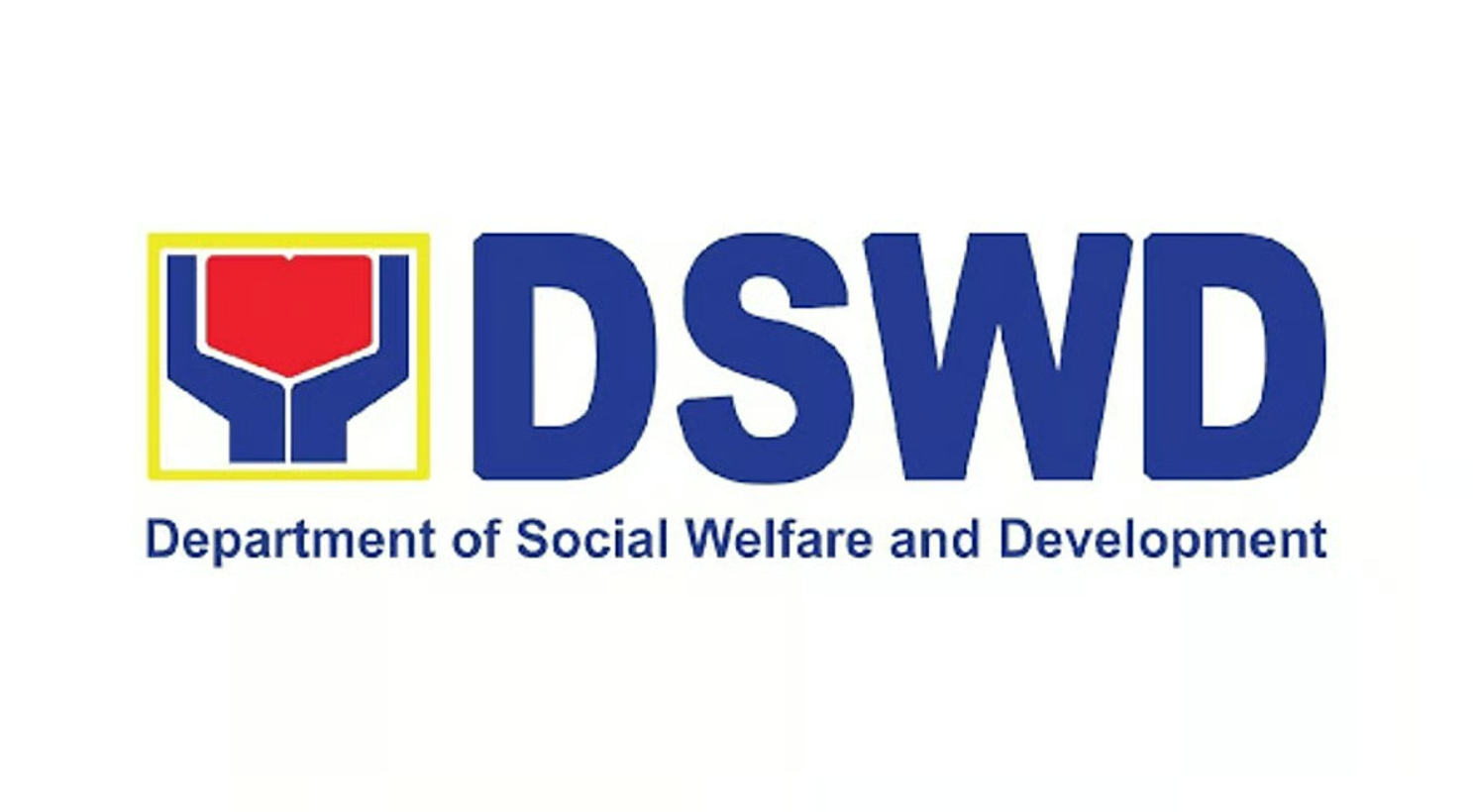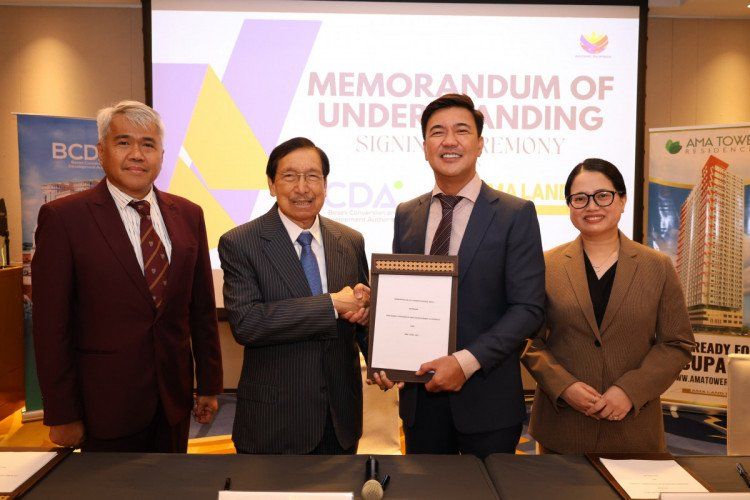A Legacy on Trial: Aliping and Domogan’s Political Gambits in 2025
Andy Ignacio — April 11, 2025
A Legacy on Trial: Aliping and Domogan’s Political Gambits in 2025
The ghosts of the past are crowding the 2025 elections in Baguio City—and two names haunt the field louder than the rest: Nicasio Aliping Jr. and Mauricio Domogan. Both are staging comebacks. Both carry baggage.
Aliping, once cleared in court over the Mt. Sto. Tomas controversy, remains stained in the court of public opinion. His acquittal might’ve erased legal consequences, but for many, the trust he once held didn’t survive the landslide of public outrage.
“The law may have cleared him,” said one political analyst, “but the people haven’t.”
The damage was never just about bulldozers tearing through a forest reserve. It was about accountability—about a city that values its environment the way it values its identity. In Baguio, trees aren’t just trees. They’re monuments of Baguio's culture and survival.
Aliping insists the land was privately owned. The courts agreed. But critics didn’t buy it. Heavy machinery moved in without permits. The mountains bled. And while the forest slowly heals, the political wounds remain fresh.
Younger voters remember. Civic groups haven’t forgotten.The impact still haunts the people of Baguio. And in a more environmentally conscious era, the question dogging Aliping isn’t just whether he can win—but whether people want him back at all.
Enter Domogan—78 years old, decades deep into Baguio politics, and now eyeing yet another return to power.
He’s no stranger to comebacks. Post-’90 earthquake, he helped rebuild Baguio’s spirit with Bernie Vergara. For years, he was the face of Baguio City, a walking monument of tradition and public service. But time has a way of rewriting narratives.
This time around, Domogan walks into a fractured field. The once-solid Igorot vote—a bloc he could reliably mobilize—is now split among himself, Aliping, and Isabelo "Popo" Cosalan. Three names. One base. No guarantees.
And there’s his advanced age. Voters aren’t just looking for legacy—they’re asking for leadership that can move fast, think digital, and respond in real time. Governance today isn’t what it was in 1995. Experience isn’t the question, Relevance is.
After a long string of electoral wins, Domogan’s losing streak to Congressman Mark Go and Mayor Magalong marked a turning point. It was a big crack in the armor. Now, some fear he’s not just risking another defeat—he’s risking his legacy.
Then there’s the campaign messaging. Domogan’s team has leaned into emotional appeal: kawawa naman si Domogan, the elder statesman who just wants to serve again. Sympathy may stir feelings, but feelings don’t always translate to votes. Some see it as nostalgia. Others see it as evasion—an attempt to dodge the harder conversations about policy, vision, and accountability. So here we are: two political titans from different chapters of Baguio’s history, both trying to rewrite their endings.
Aliping, trying to prove that one scandal doesn’t define a career. Domogan, trying to prove that advance age isn’t a liability. But voters have changed. They’ve become sharper, louder, more skeptical. The political landscape of Baguio isn’t what it used to be; and neither are its people.
Whether either of these men can navigate that change, or whether they’ll be swallowed by it, is a question that won’t be answered by courts or campaign slogans.
It’ll be decided at the ballot box.




